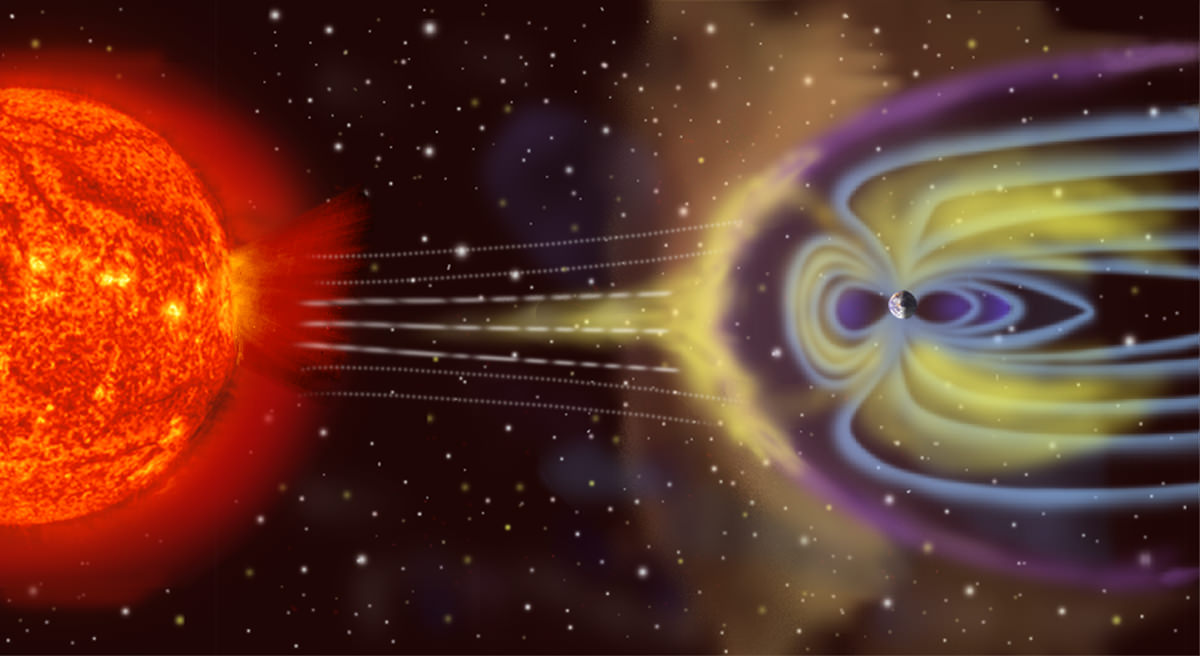|

(Caption) When you weigh up all the positives and the negatives - does the universe still have a net charge of zero?
If there were equal amounts of matter and anti-matter in the universe, it would be easy to deduce that the universe has a net charge of zero, since a defining 'opposite' of matter and anti-matter is charge. So if a particle has charge, its anti-particle will have an equal but opposite charge. For example, protons have a positive charge – while anti-protons have a negative charge.
But it’s not apparent that there is a lot of anti-matter around as neither the cosmic microwave
background, nor the more contemporary universe contain evidence of annihilation borders – where contact between regions of large scale matter and large scale anti-matter should produce bright outbursts of gamma rays.

So, since we do apparently live in a matter-dominated universe – the question of whether the universe has a net charge of zero is an open question.
It’s reasonable to assume that dark matter has either a net zero charge – or just no charge at all – simply because it is dark. Charged particles and larger objects like stars with dynamic mixtures of positive and negative charges, produce electromagnetic fields and electromagnetic radiation.
So, perhaps we can constrain the question of whether the universe has a net charge of zero to just asking whether the total sum of all non-dark matter has. We know that most cold, static matter – that is in an atomic, rather than a plasma, form – should have a net charge of zero, since atoms have equal numbers of positively charged protons and negatively charged electrons.
Stars composed of hot plasma might also be assumed to have a net charge of zero, since they are the product of accreted cold, atomic material which has been compressed and heated to create a plasma of dissociated nuclei (+ve) and electrons (-ve).
The principle of charge conservation (which is accredited to Benjamin Franklin) has it that the amount of charge in a system is always conserved, so that the amount flowing in will equal the amount flowing out./.../
No comments:
Post a Comment